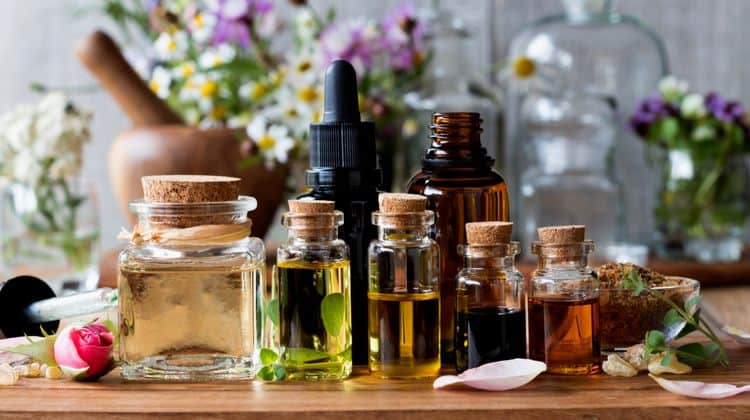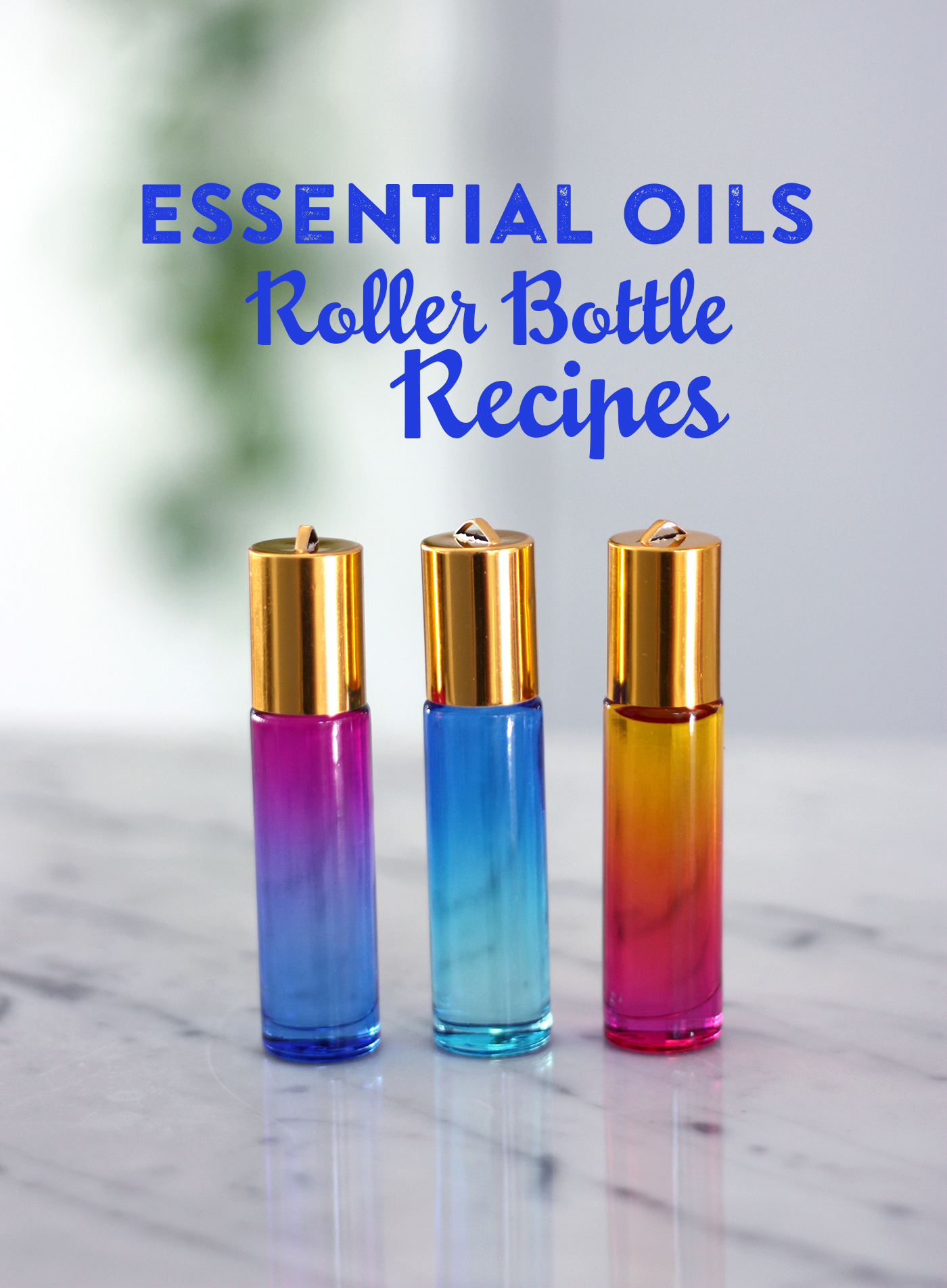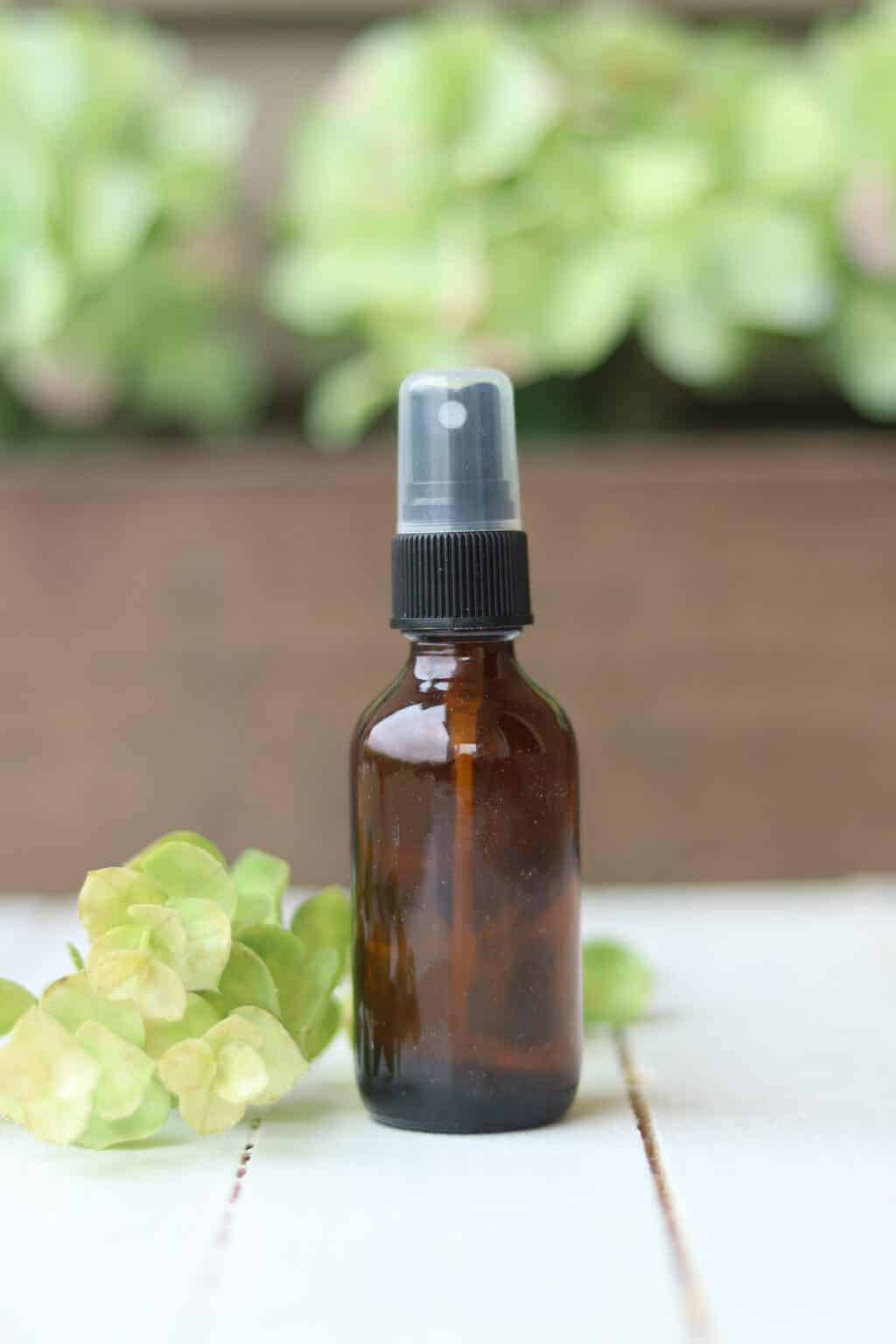The use of essential oils for therapeutic, spiritual, hygienic and ritualistic purposes goes back up to ancient civilizations including the Chinese, Indians, Egyptians, Greeks, and Romans who used them in cosmetics, perfumes and drugs. Oils were used for aesthetic pleasure and in the beauty industry. They were a luxury item and a means of payment. It was believed the vital oils increased the shelf enthusiasm of wine and improved the taste of food.
Oils are described by Dioscorides, along bearing in mind beliefs of the times roughly their healing properties, in his De Materia Medica, written in the first century. Distilled indispensable oils have been employed as medicines previously the eleventh century, bearing in mind Avicenna abandoned essential oils using steam distillation.
In the period of advocate medicine, the naming of this treatment first appeared in print in 1937 in a French photograph album upon the subject: Aromathrapie: Les Huiles Essentielles, Hormones Vgtales by Ren-Maurice Gattefoss [fr], a chemist. An English version was published in 1993. In 1910, Gattefoss burned a hand categorically terribly and highly developed claimed he treated it effectively with lavender oil.
A French surgeon, Jean Valnet [fr], pioneered the medicinal uses of indispensable oils, which he used as antiseptics in the treatment of mistreated soldiers during World raid II.
Aromatherapy is based upon the usage of aromatic materials, including valuable oils, and supplementary aroma compounds, later claims for improving psychological or mammal well-being. It is offered as a out of the ordinary therapy or as a form of interchange medicine, the first meaning alongside suitable treatments, the second then again of conventional, evidence-based treatments.
Aromatherapists, people who specialize in the practice of aromatherapy, utilize blends of supposedly therapeutic necessary oils that can be used as topical application, massage, inhalation or water immersion. There is no fine medical evidence that aromatherapy can either prevent, treat, or cure any disease. Placebo-controlled trials are difficult to design, as the reduction of aromatherapy is the smell of the products. There is disputed evidence that it may be working in combating postoperative nausea and vomiting.
Aromatherapy products, and essential oils, in particular, may be regulated differently depending on their designed use. A product that is marketed past a therapeutic use is regulated by the Food & Drug Administration (FDA); a product next a cosmetic use is not (unless instruction shows that it is unsafe as soon as consumers use it according to directions on the label, or in the usual or acknowledged way, or if it is not labeled properly.) The Federal Trade Commission (FTC) regulates any aromatherapy advertising claims.
There are no standards for determining the quality of essential oils in the united States; even if the term therapeutic grade is in use, it does not have a regulatory meaning.
Analysis using gas chromatography and addition spectrometry has been used to identify bioactive compounds in necessary oils. These techniques are accomplished to take effect the levels of components to a few parts per billion. This does not create it realizable to determine whether each component is natural or whether a poor oil has been "improved" by the complement of synthetic aromachemicals, but the latter is often signaled by the pubescent impurities present. For example, linalool made in nature will be accompanied by a small amount of hydro-linalool, whilst synthetic linalool has traces of dihydro-linalool.
Essential Oil Recipes For Your Diffuser Life Beyond Organic
Essential Oils Recipes for Cough and Congestion
All Natural Febreze with Essential Oils Homemade Room Spray - Our Oily House




No comments:
Post a Comment